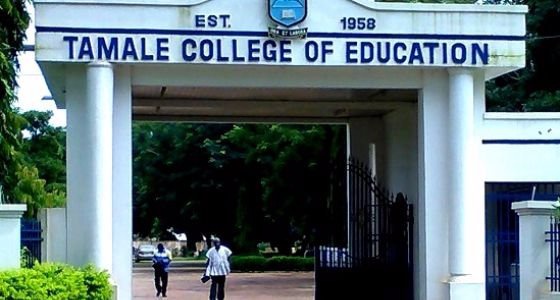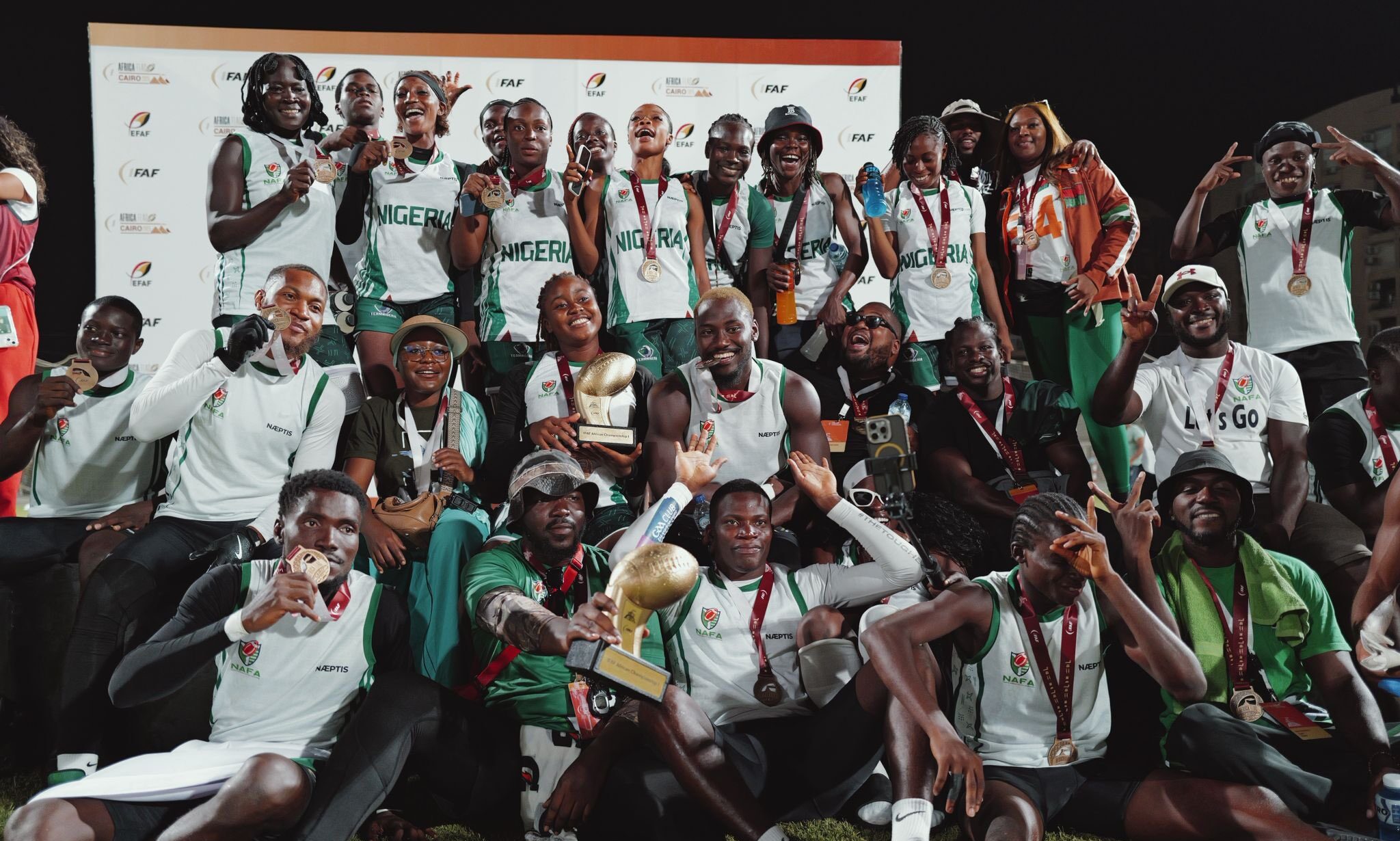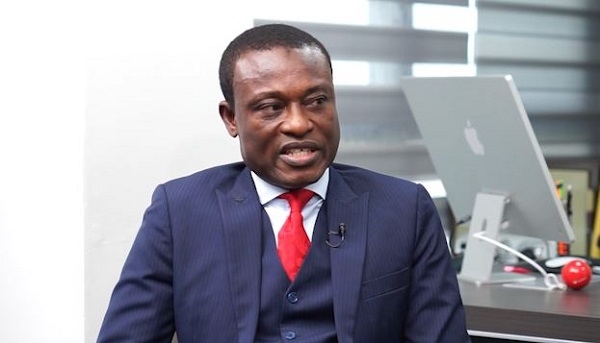Special needs educators demand reforms, greater parental involvement
Professionals in the field of special education have called for urgent reforms in Nigeria’s approach to educating children with special needs, citing gaps in teacher training, inadequate resources, and a lack of collaboration between educators and parents.
The concerns were raised during the 36th Annual General Meeting of the Nigeria Association of Special Education Teachers, held from June 16 to 20 at Lady Jibowu Hall, Government House, Ado Ekiti. In a communiqué released at the end of the meeting and signed by Professor Yinka Elemukan, participants highlighted systemic challenges that continue to impede the effective delivery of special needs education across the country.
“We observed that some professionals don’t involve parents in the implementation of prepared programs of intervention, which is a major setback,” Elemukan said. “There’s a need for parent-professional collaboration to achieve better outcomes for learners with special needs.”
Stakeholders identified mutual distrust between parents and teachers, lack of advocacy groups, limited access to assistive technologies, and non-payment of special allowances as barriers to progress. Concerns were also raised about the limited number of teachers proficient in sign language and a general lack of interest in continuous professional development among educators.
“Teachers should try to upgrade themselves through online programs and by attending conferences to enhance their skills,” Elemukan added.
The conference also pointed to the outdated infrastructure in public schools, describing them as “analogue systems” that hinder inclusive learning. Participants called for the integration of assistive technologies and the involvement of specialists at the policy-making level.
“Government should ensure that public schools are provided with assistive technologies that will make learning pleasurable and easy for children with special needs,” said a policymaker at the event.
The President of the Association, Dr. Catherine Atteng, stressed the need to professionalise the teaching of special education in universities. “Many graduates of special education do not have the requisite skills to function optimally as professionals because they have not been properly trained in specialised areas like neurodiversity and speech pathology,” she said.
Professor Iheanacho, a leading special educator, echoed the call for curriculum reform. He noted that Nigeria already has a National Policy on Special Needs Education and an Implementation Blueprint, alongside more than 18 academic programs focused on areas such as audiology and behavioural therapy.
“Many practitioners don’t know that we have a National Policy on Education and a National Implementation Blueprint,” Iheanacho said. “We now have Bachelor of Science degrees in speech pathology, audiology, and behaviour therapy. So, no more combination of special education with other subjects. We have called on higher institutions to stop running special education courses that are not aligned with national needs.”
Nine individuals were recognised at the event, including the Executive Governor of Ekiti State, Biodun Oyebanji, and the Special Adviser to the Governor on Special Education, Princess Adetoun Agboola.
Governor Oyebanji, represented by the Secretary to the State Government, Professor Abibat Adubiaro, reaffirmed the state’s commitment to inclusive education. “Ekiti will not relent in ensuring quality education for children with special needs in the state,” he said.












